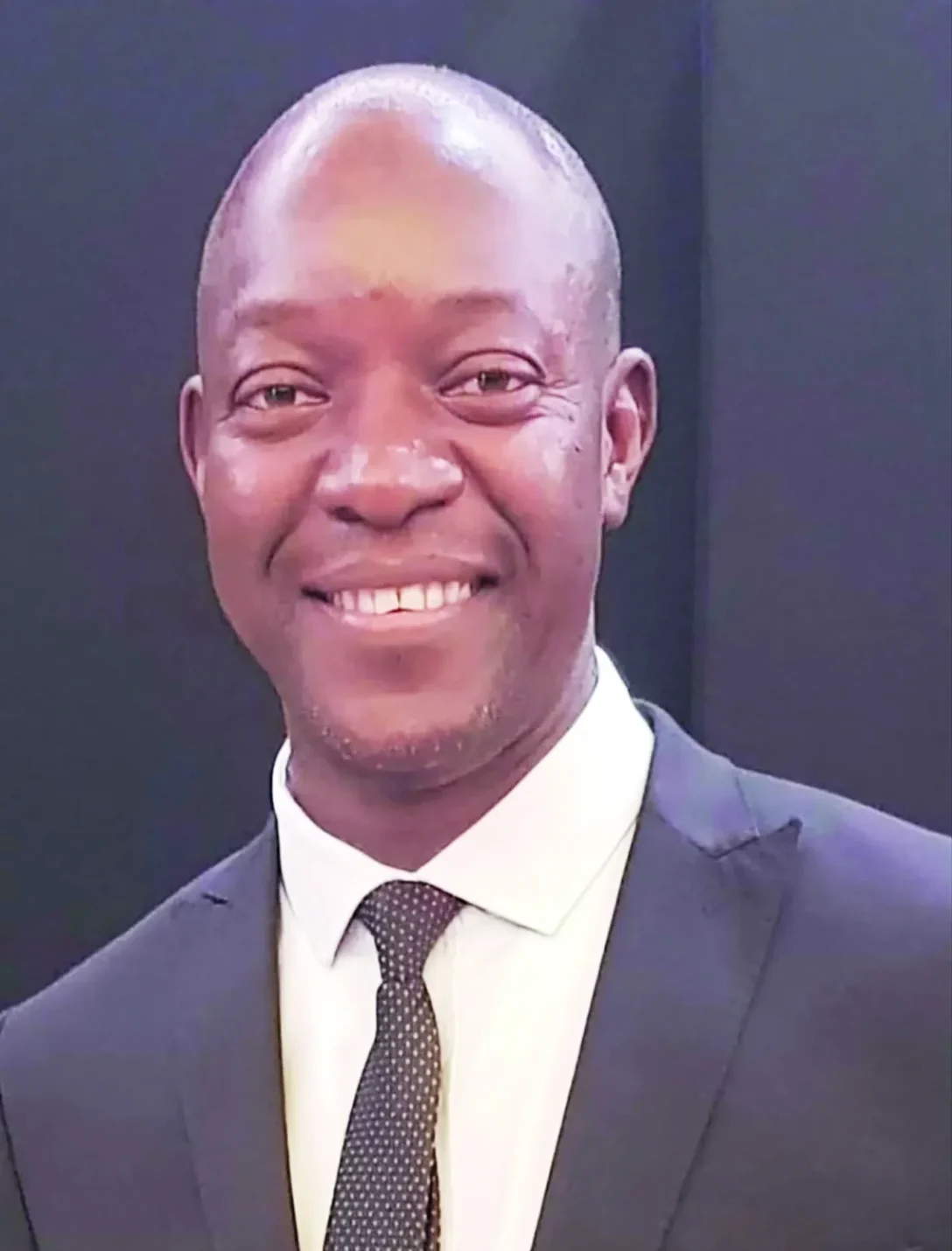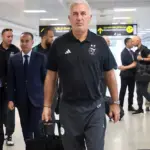Senegal: Moustapha Kamara launches bid for Senegalese Football Federation presidency

Moustapha Kamara has officially declared his candidacy for the presidency of the Senegalese Football Federation (FSF), with the general assembly vote set for August 2.
Currently serving as president of Coton Club of Tambacounda, Kamara aims to succeed long-standing FSF leader Augustin Senghor.
A lawyer and professor specializing in sports law, Kamara also holds an MBA in sports management, credentials he believes will guide a modernized and progressive era for Senegalese football.
“The time for change has come,” Kamara stated as he unveiled his platform, centered around a program entitled “Football for All.” His vision proposes a governance style that is “rigorous, transparent, and inclusive,” aiming to drive sporting success into broader economic growth for Senegalese football at every level.
Kamara emphasized that his decision to run stems not from personal ambition but from a long period of reflection and careful planning based on international experience.
He pledged to build on the accomplishments of the current administration while introducing structural reforms to ensure sustainable growth across the football ecosystem.
In an effort to bolster his campaign, Kamara has engaged in discussions with a range of stakeholders, including former players and local officials.
According to him, there is a “widespread demand for a change” at the federation’s helm, one that must be paired with a forward-looking agenda emphasizing economic and structural development.
Among his proposed reforms is a significant overhaul of the federation’s governance.
Kamara suggests the creation of roles such as an executive vice-president and a director general to clearly delineate executive and administrative responsibilities.
He also stressed the need to align the federation’s statutes with international best practices to enhance transparency and efficiency.
Financing the ambitious “Football for All” program would involve building partnerships with investment funds and economic operators both within Senegal and internationally.
Kamara also envisions reshaping the financial model of Senegalese clubs to foster greater financial independence and sustainability.
In terms of local football development, Kamara’s plan draws on successful strategies from other African nations, including initiatives like providing transport for clubs.
His strategy also highlights stadium security improvements, embracing digital tools to enhance competitiveness, and fostering a more robust professional environment.
Calling for Senegal to assert itself as a continental and global force in sport, Kamara underscored the need for stronger partnerships with other African football federations.
He concluded his address by appealing to club and league presidents to support his candidacy, insisting that his program represents not only a roadmap for football’s future but also a shared ambition of the Senegalese people.




